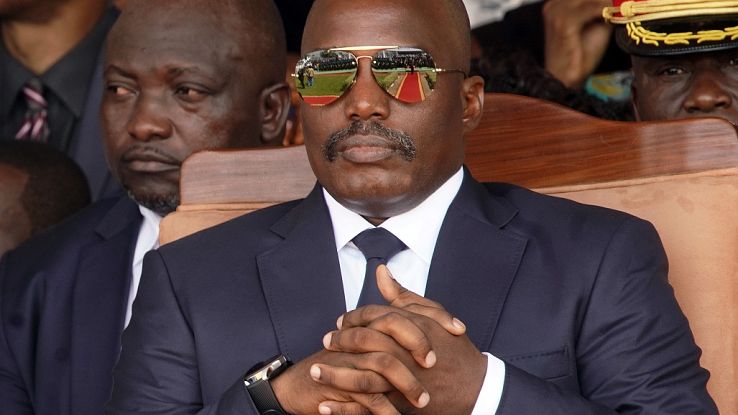Former leader of the Democratic Republic of Congo, Joseph Kabila, stated on Sunday that the poor governance of his successor, President Felix Tshisekedi, has significantly contributed to the escalating conflict in the eastern region of the country.
In an opinion piece published in South Africa’s Sunday Times, Kabila argued that the unrest cannot be attributed solely to the advances of the Rwanda-supported M23 armed group or the tensions between Kinshasa and Kigali.
M23 fighters have rapidly gained control over large areas of the resource-rich eastern DRC in recent weeks, raising concerns that the conflict may extend beyond the country’s borders.
Kabila noted that since Tshisekedi assumed office in 2019 following his election victory, the situation in the DRC has worsened to a point where it is “close to imploding.”
He described the December 2023 elections, which resulted in a landslide victory for Tshisekedi’s second term, as a “sham,” accusing the government of suppressing political opposition and allowing the president to become the “absolute master of the country.”
Kabila highlighted issues such as intimidation, arbitrary arrests, extrajudicial killings, and the forced exile of politicians, journalists, and church leaders as key features of Tshisekedi’s rule.
He warned that the numerous violations of the constitution and human rights, along with the repeated massacres of the Congolese people by Tshisekedi’s security forces, will persist even if negotiations between the DRC and Rwanda succeed or if M23 is militarily defeated.
Kabila cautioned that neglecting these underlying issues while focusing solely on the M23 would result in ongoing political instability, armed conflict, and potentially civil war.
Fundamental Causes
Any effort to resolve this crisis that overlooks its fundamental causes—primarily the governance of the DRC by its current leaders—will fail to achieve lasting peace.
The M23, claiming to defend the rights of the DRC’s minority Tutsi population, renewed its military actions in 2021, two years after Tshisekedi assumed power.
South Africa has deployed over 1,000 troops to the DRC as part of a mission by the 16-member Southern African Development Community (SADC) to assist the government and stabilize the area.
Last month, fourteen South African soldiers lost their lives in the conflict.
Africanews/Shakirat Sadiq


Comments are closed.